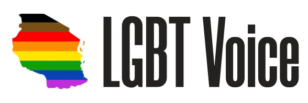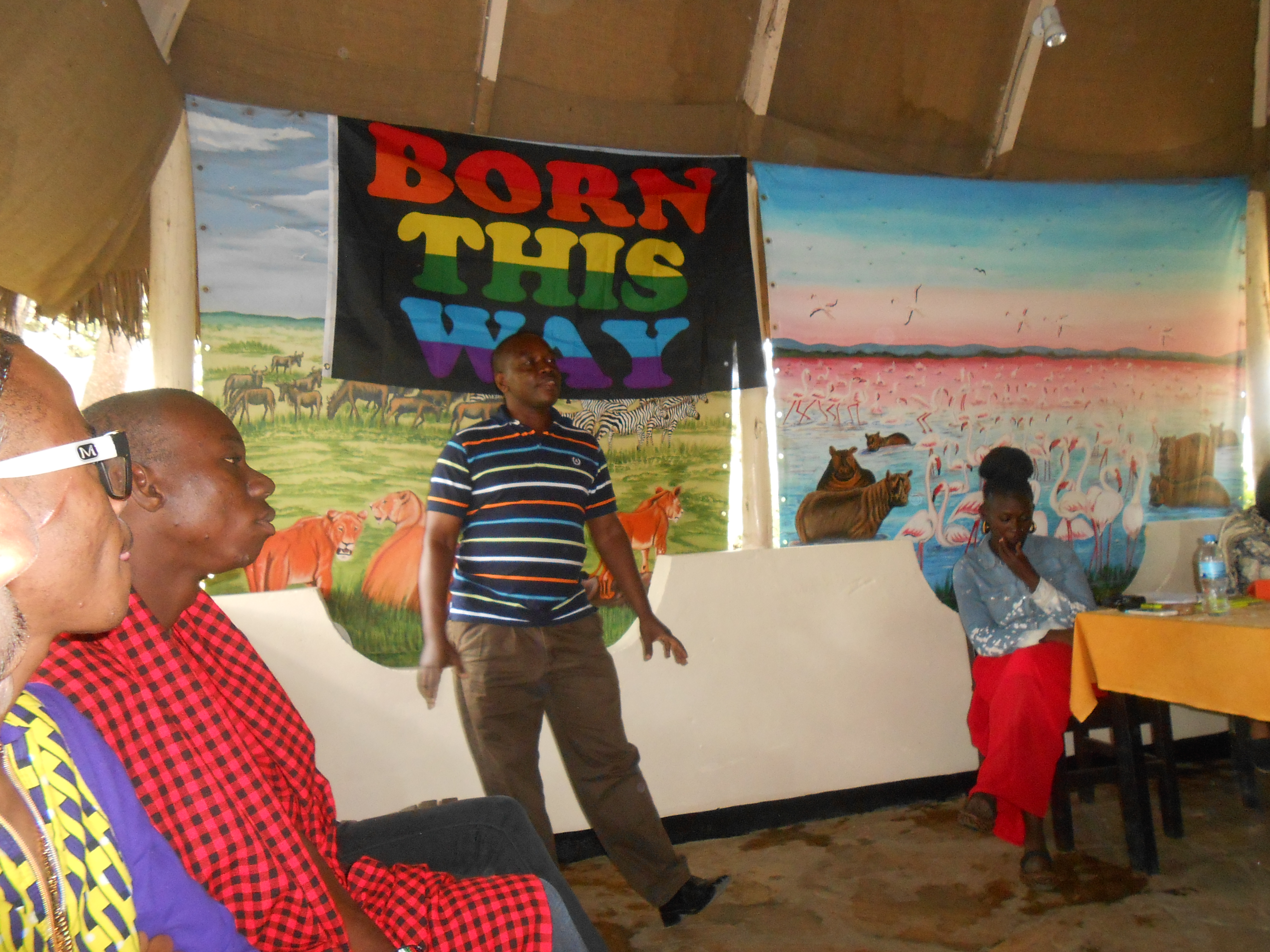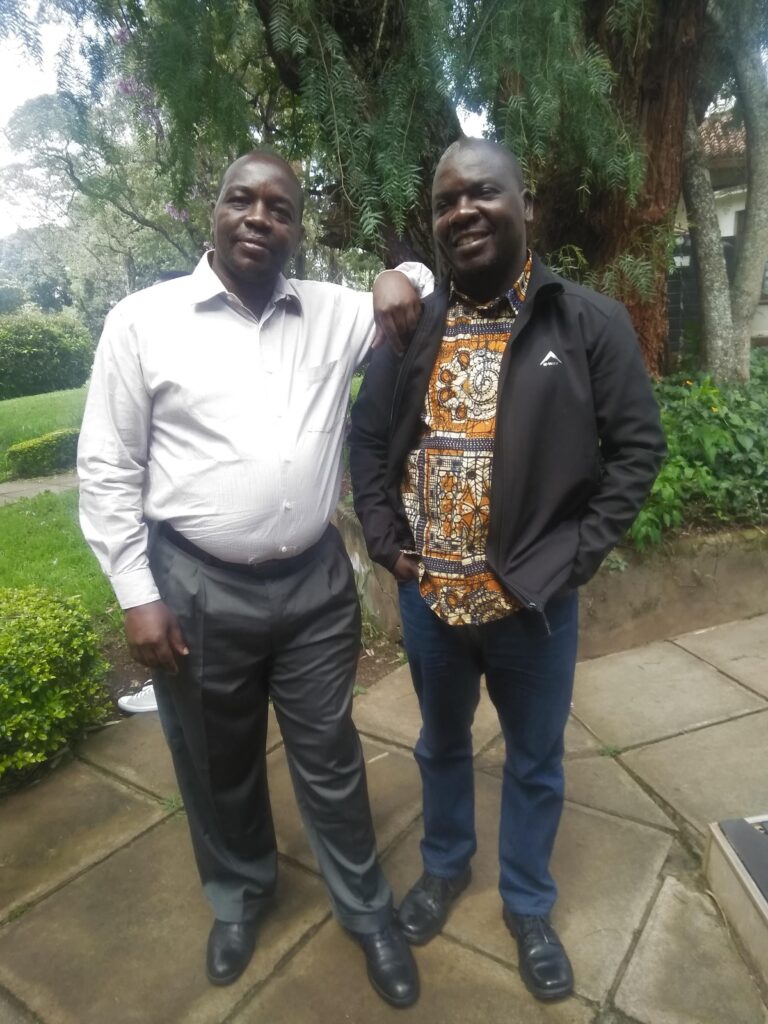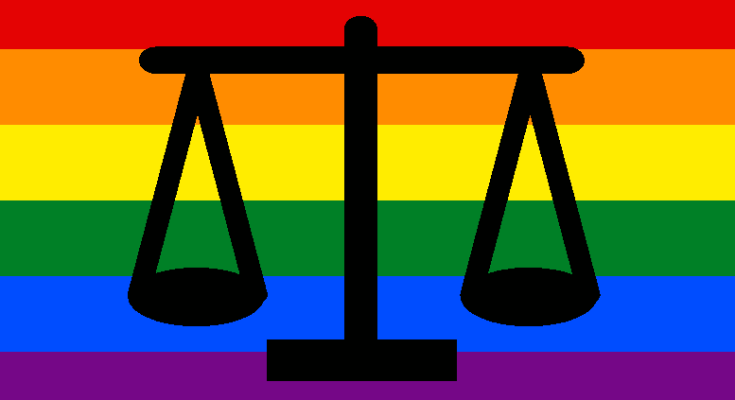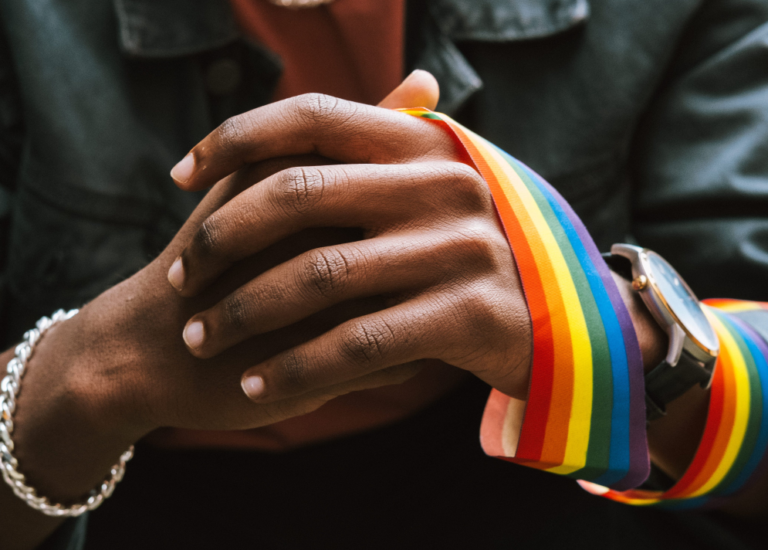Activism for LGBT rights in Tanzania faces a multitude of challenges, with the most prominent ones being the legal framework, religious beliefs, the stance of civil society organizations, and financial resources. These challenges hinder progress and create barriers for the LGBT community in their pursuit of equal rights and acceptance.
LEGAL FRAMEWORK
Tanzania’s legal framework poses significant challenges to the progress of LGBTQ rights. The criminalization of homosexual relationships not only hampers the efforts of activists but also perpetuates discrimination and marginalization.
To drive change and foster equality, it is crucial to employ strategic and innovative methods, including legal advocacy, community engagement, awareness campaigns, and international cooperation. By adopting these approaches, activists can challenge discriminatory legislation, shift societal attitudes, and establish a more inclusive and accepting environment for LGBTQ individuals in Tanzania. The legal system in Tanzania presents a formidable obstacle to the advancement of LGBTQ rights.
Same-sex relationships are deemed illegal, and activists advocating for change often face persecution and legal repercussions. These restrictive laws create a hostile atmosphere for LGBTQ individuals, impeding public discourse and awareness. To overcome these barriers, it is imperative to employ strategic and innovative approaches.
Activists can utilize legal advocacy, community outreach, awareness initiatives, and international collaboration. By challenging discriminatory laws, altering societal attitudes, and fostering inclusivity, activists can cultivate a more accepting environment for LGBTQ individuals in Tanzania.

RELIGIOUS BELIEFS
Religious beliefs play a significant role in shaping the challenges faced by LGBTQ rights activists in Tanzania. The prevailing religious doctrines in the country commonly condemn homosexuality, categorizing it as a sinful and immoral act. These deeply rooted beliefs strongly influence societal attitudes, leading to widespread discrimination, prejudice, and even acts of violence against the LGBTQ community.
The religious landscape in Tanzania is predominantly composed of Christianity and Islam. Both religions have teachings that explicitly denounce same-sex relationships. For instance, within Christianity, various denominations interpret biblical passages as condemning homosexuality. Similarly, in Islam, the Quran is interpreted by many as forbidding same-sex relationships.
As a result of these religious beliefs and interpretations, LGBTQ individuals in Tanzania often face immense challenges in their daily lives. They may be subjected to verbal and physical abuse, ostracization from their families and communities, and even legal consequences. The fear of rejection and persecution forces many LGBTQ individuals to hide their true identities or seek refuge in underground communities.
The impact of religious beliefs on LGBTQ rights is not limited to societal attitudes alone. It also extends to the legal framework of the country. Tanzania, like many other African nations, has laws that criminalize same-sex relationships. These laws not only perpetuate discrimination but also hinder the progress of LGBTQ rights activists who strive for equality and acceptance.
Despite these challenges, there are individuals and organizations within Tanzania who are working tirelessly to advocate for LGBTQ rights and challenge the prevailing religious beliefs that fuel discrimination. These activists engage in various activities such as awareness campaigns, legal advocacy, and support services for the LGBTQ community. Their efforts are gradually making a difference in raising awareness and promoting inclusivity.
The influence of religious beliefs on LGBTQ rights activism in Tanzania cannot be underestimated. The condemnation of homosexuality within dominant religious doctrines contributes to discrimination, prejudice, and violence against the LGBTQ community. However, there are individuals and organizations working towards creating a more accepting and inclusive society, where individuals can embrace their sexual orientation without fear of persecution.
THE STANCE OF CIVIL SOCIETY ORGANIZATIONS
The stance of civil society organizations is a significant hurdle for LGBTQ rights activists. While some organizations actively support and advocate for the rights of the LGBTQ community in Tanzania, others maintain conservative views or fear backlash from society. This lack of unified support greatly limits the impact and effectiveness of activism efforts.
One example of this is seen in the difficulty of building coalitions and fostering dialogue within civil society organizations. Many organizations are hesitant to accept and include LGBTQ rights as human rights, as they mistakenly associate advocating for LGBTQ rights with promoting homosexuality. This misconception hinders progress and prevents these organizations from fully understanding the importance of LGBTQ rights.
Additionally, the fear of societal backlash further complicates the situation. Civil society organizations worry about losing support or facing negative consequences if they openly endorse LGBTQ rights. This fear often stems from the prevailing conservative beliefs in society, which perpetuate discrimination and prejudice against the LGBTQ community.
To overcome these barriers, it is crucial to raise awareness and educate civil society organizations about the significance of LGBTQ rights. Providing examples of successful advocacy efforts and the positive impact of inclusive policies can help dispel misconceptions and encourage greater support. Sharing statistics and research on the benefits of LGBTQ-inclusive societies can also be persuasive in shifting perspectives.
Furthermore, it is important to highlight the interconnectedness of human rights and emphasize that advocating for LGBTQ rights is not about promoting homosexuality, but about ensuring equality and dignity for all individuals. By framing LGBTQ rights within the broader context of human rights, civil society organizations may be more willing to engage in dialogue and collaboration.
The stance of civil society organizations remains a significant challenge for LGBTQ rights activists. Overcoming this obstacle requires efforts to build alliances, foster dialogue, and raise awareness within these organizations. By addressing misconceptions, fears, and conservative beliefs, progress can be made towards achieving greater support and acceptance for LGBTQ rights as human rights

FUNDING
Financial resources are crucial for the advancement of LGBTQ rights activism in Tanzania. The limited availability of funds for advocacy initiatives and community support programs imposes significant limitations on the ability of activists to organize events, carry out research, and provide essential services to the LGBTQ community. It is imperative to secure sustainable funding from both domestic and international sources in order to maintain the momentum of activism and bring about lasting change.
To demonstrate the significance of financial resources, let’s delve into some examples. Organizations at the forefront of the struggle require resources to recruit and retain qualified personnel. This enables them to utilize their expertise and knowledge effectively in designing and implementing programs that promote LGBTQ rights in Tanzania.
In addition, funding is necessary to organize various events such as workshops, and conferences. These events serve as platforms to raise awareness about LGBTQ rights and foster engagement with the wider community. They also create safe spaces for LGBTQ individuals to connect, share experiences, and build a sense of community. Inadequate financial support poses challenges for activists in hosting such events, thereby impeding their ability to reach a larger audience and bring about meaningful change.
Furthermore, financial resources play a crucial role in conducting research on LGBTQ issues in Tanzania. Research is instrumental in providing evidence-based arguments and data that can be used to advocate for policy changes and challenge discriminatory laws. It sheds light on the lived experiences of LGBTQ individuals, highlighting the obstacles they face and the impact of discriminatory practices. However, conducting research requires funding for data collection, analysis, and dissemination. Limited financial resources make it difficult for activists to carry out comprehensive research, which is vital for informing advocacy efforts and influencing public opinion.
Moreover, financial resources are essential for providing essential services to the LGBTQ community. These services encompass healthcare, counseling, legal support, and community outreach programs. Many LGBTQ individuals encounter discrimination and stigma, making it challenging for them to access basic services. Activists and organizations dedicated to LGBTQ rights play a crucial role in bridging this gap by offering essential services. However, without sufficient funding, these services may be limited in scope or completely unavailable, leaving the LGBTQ community without crucial support.
To sustain the momentum of activism and create lasting change, it is imperative to secure diverse and sustainable funding sources. This can involve seeking support from both domestic and international donors, as well as exploring innovative fundraising strategies. Diversifying funding sources reduces reliance on a single donor or funding stream, ensuring the long-term viability of LGBTQ rights activism in Tanzania.
The availability of financial resources profoundly impacts LGBTQ rights activism in Tanzania. Limited funding for advocacy initiatives and community support programs restricts activists’ capacity to organize events, conduct research, and provide essential services to the LGBTQ community. Securing sustainable funding sources, both domestically and internationally, is vital for sustaining the momentum of activism and bringing about lasting change.
CONCLUSION
The activism for LGBTQ rights in Tanzania faces a wide range of challenges that are both complex and interconnected. To overcome these obstacles, an all-encompassing approach is necessary, which involves addressing the legal framework, religious beliefs, the stance of civil society organizations, and the availability of financial resources. By continuously working towards dismantling these barriers, Tanzania can make significant progress towards creating a society that is inclusive and equal for all its citizens, regardless of their sexual orientation or gender identity. We kindly request you to consider making a donation today.
